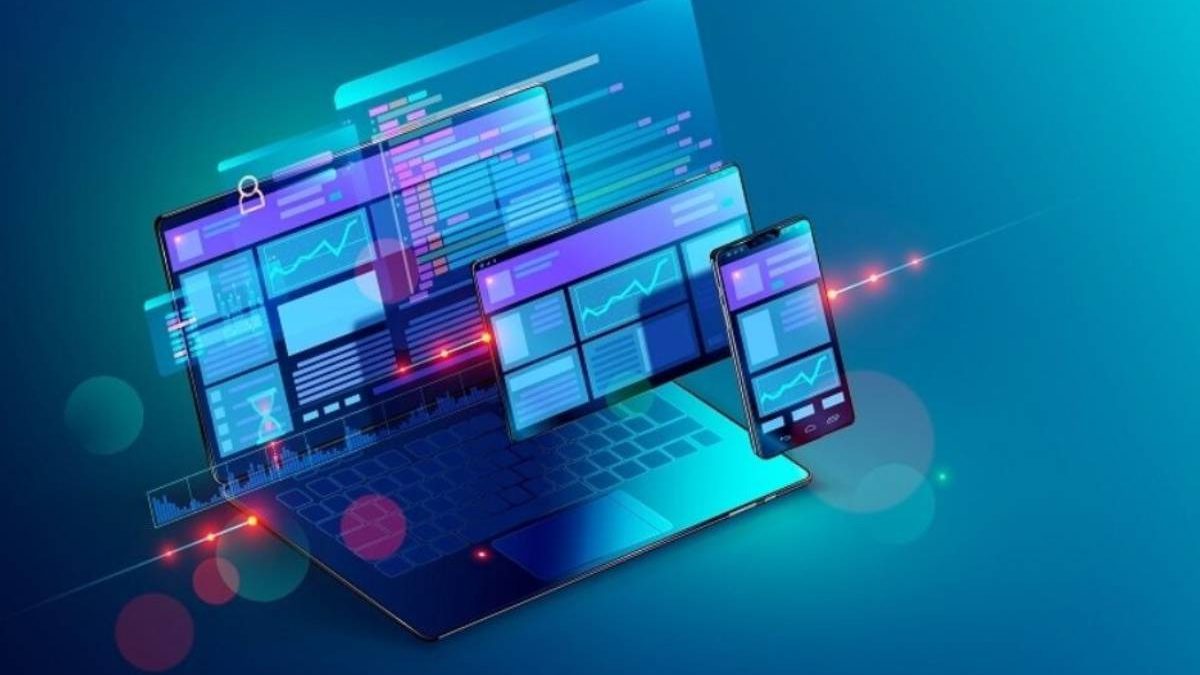WordPress is a popular content management system that is used by millions of businesses all over the world. While it is known for being user-friendly and easy to use, there are still some important elements that need to be monitored in order for your website to run smoothly. In this article, we are going to describe the six most important elements to monitor in a WordPress site: page load time, uptime, security, plugins and themes, website content, and web hosting.
Table of Contents
1. Page load time
Page load time is the amount of time it takes for a page to fully load when a visitor tries to access it. This is an important element to monitor because it can affect your website’s conversion rate, search engine rankings, and overall user experience. There are several ways to improve your page load time, such as reducing the number of plugins, using a content delivery network, and optimizing your images.
A good page load time to strive for on a WordPress site is under two seconds. Anything over three seconds is considered to be slow and will likely result in a loss of traffic and conversions.
2. Uptime
Uptime is the percentage of time that a website is online and accessible to visitors. It is important to monitor uptime because if your site goes down, you will lose traffic and potential customers. There are several ways to improve your uptime, such as using a reliable web host, using a caching plugin, and using a content delivery network.
A good uptime to strive for on a WordPress site is 99.9%. This means that your site will only be down for a total of 9 hours per year. Anything less than that is considered to be unreliable and will likely result in a loss of traffic and conversions.
3. Security
Security is one of the most important elements to monitor in a WordPress site. This is because WordPress sites are often targeted by hackers and malicious individuals. There are several ways to improve your WordPress site’s security, such as using a strong password, installing a security plugin, and using a secure connection (SSL).
If your WordPress site’s security is compromised, it is important to take immediate action. This includes changing all of your passwords, deleting any suspicious files, and restoring from a backup.
4. Plugins and themes
It is important to keep your WordPress plugins and themes up to date. This is because outdated plugins and themes can be a security risk and can cause errors on your website. You can update your plugins and themes by going to the “Updates” section of your WordPress dashboard.
5. Website content
Your website content is one of the most important elements to monitor. This is because your content is what will ultimately determine whether or not your website is successful. There are several ways to improve your website content, such as adding new and relevant articles, optimizing your images, and using social media.
It is important to keep your website content fresh and up-to-date. You can do this by adding new articles on a regular basis and by updating your existing articles.
6. Web hosting
Your web hosting is one of the most important elements to monitor. This is because your web host will determine the uptime, speed, and security of your website. There are several things to look for in a good web host, such as unlimited storage, unlimited bandwidth, 24/7 customer support, and a money-back guarantee.
When choosing a web host for your WordPress site, it is important to do your research and choose a reputable company. There are many great web hosts out there that will provide you with everything you need to run a successful website.
Final thoughts
Monitoring your WordPress site is important to ensure that it is running smoothly and efficiently. There are many elements to monitor, such as page load time, uptime, security, plugins and themes, website content, and web hosting. By keeping an eye on these elements, you can prevent problems from occurring and keep your website running smoothly.

